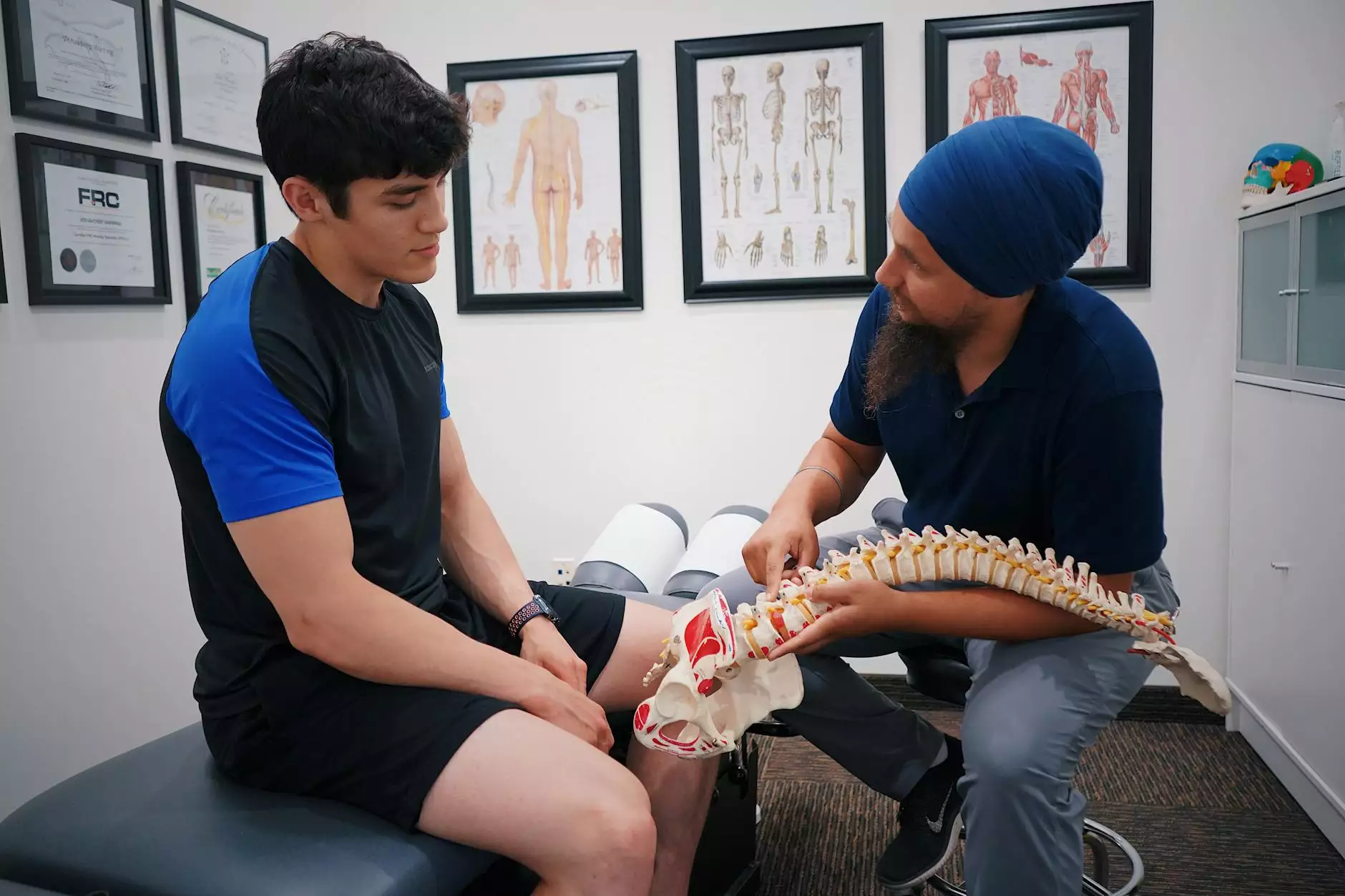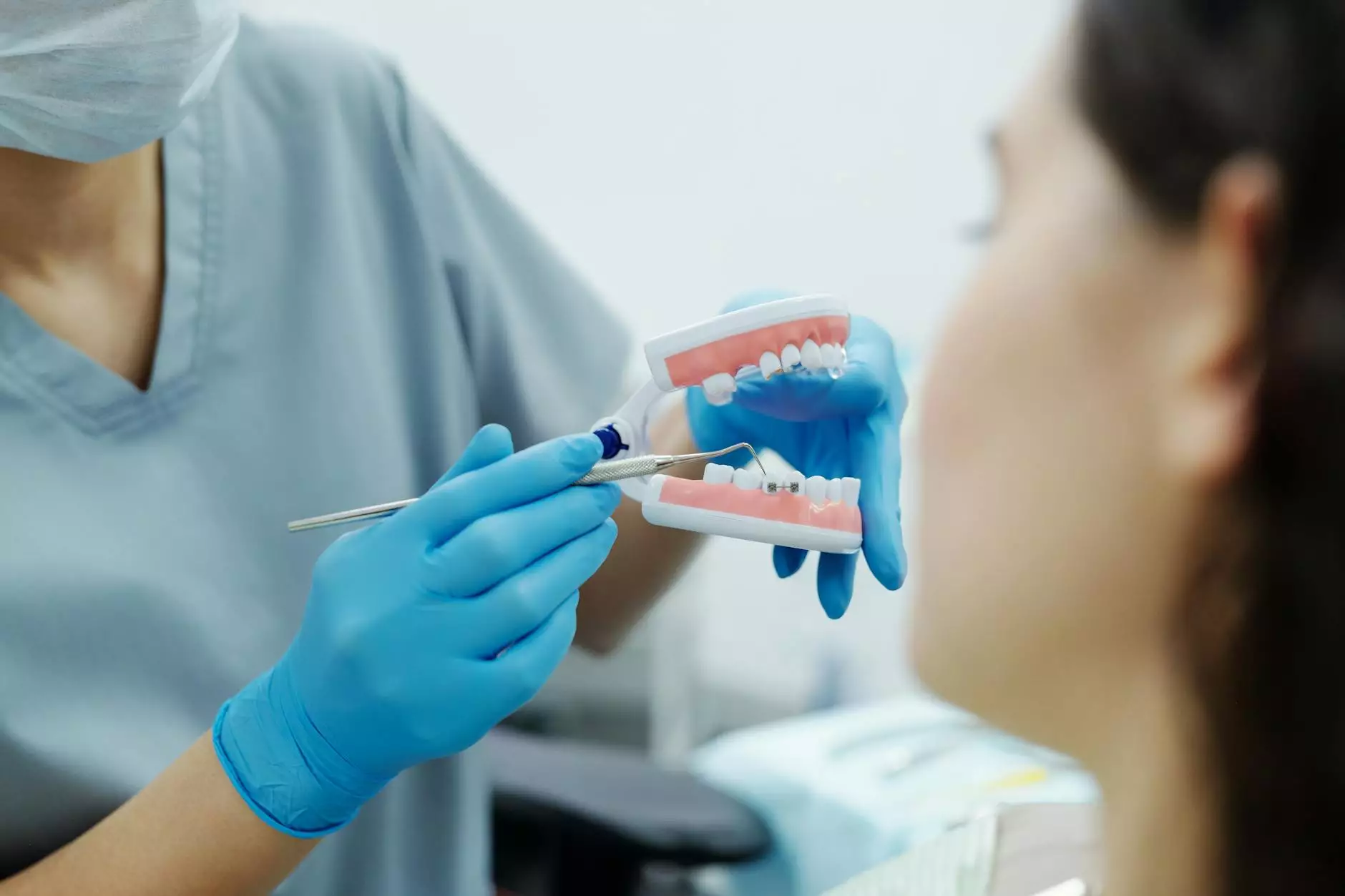Compression Fracture Treatment, Causes, & Symptoms
Blog
Introduction
Regency Square Care Center is dedicated to providing comprehensive and effective treatment for compression fractures, a common condition among seniors. In this article, we will explore the causes, symptoms, and treatment options for compression fractures.
What is a Compression Fracture?
A compression fracture refers to the collapse of one or more vertebral bones in the spine. This type of fracture is usually caused by osteoporosis, a condition characterized by weakened bones. Osteoporosis-related compression fractures often occur in the thoracic and lumbar spine.
Causes of Compression Fractures
As mentioned earlier, the most common cause of compression fractures is osteoporosis. Other causes may include high-impact trauma, such as a fall from a significant height or a car accident. Certain medical conditions like multiple myeloma, metastatic cancer, or long-term steroid use can also weaken the bones and increase the risk of compression fractures.
Symptoms of Compression Fractures
Compression fractures can lead to various symptoms, including:
- Severe back pain that worsens with movement
- Loss of height
- Kyphosis (rounded or hunched back)
- Difficulty walking or performing daily activities
- Numbness or weakness in the legs
- Bowel or bladder dysfunction (in severe cases)
If you or your loved one experiences any of these symptoms, it is crucial to seek prompt medical attention for a proper diagnosis and appropriate treatment.
Diagnosis and Treatment
At Regency Square Care Center, our experienced medical professionals specialize in diagnosing and treating compression fractures. To determine the extent and location of the fracture, our team may utilize imaging tests such as X-rays, CT scans, or MRI scans. Additionally, a bone density test may be recommended to assess the overall bone health.
The treatment approach for compression fractures depends on various factors, including the cause, severity, and overall health of the patient. Non-surgical treatment options may include:
- Bed rest and pain medication
- Wearing a back brace
- Physical therapy
- Assistive devices to aid mobility
- Supplemental calcium and vitamin D to promote bone health
- Exercises to improve posture and strengthen the back muscles
In some cases, surgical intervention may be necessary. Our skilled surgeons may recommend procedures such as vertebroplasty or kyphoplasty to stabilize the fractured vertebrae and alleviate pain.
Recovery and Rehabilitation
Following treatment, a comprehensive rehabilitation program is essential for a successful recovery. Our team at Regency Square Care Center will develop a personalized rehabilitation plan that focuses on pain management, improving mobility, and restoring overall strength and function. Rehabilitation may involve physical therapy, occupational therapy, and other specialized interventions.
Prevention and Lifestyle Modifications
Preventing compression fractures is possible with several lifestyle modifications. Here are some recommendations:
- Ensure an adequate intake of calcium and vitamin D through a balanced diet or supplements.
- Engage in weight-bearing exercises to strengthen bones and improve balance.
- Avoid smoking and excessive alcohol consumption, as they can weaken bones.
- Use proper body mechanics when lifting heavy objects.
- Make your home environment safer by reducing fall hazards and installing handrails or grab bars.
- Regularly follow up with your healthcare provider for bone density screenings and evaluation.
By implementing these preventive measures, you can reduce the risk of experiencing compression fractures and promote better bone health in the long run.
Conclusion
Regency Square Care Center is committed to delivering exceptional care for seniors with compression fractures. Our comprehensive treatment approach, skilled medical professionals, and personalized rehabilitation programs ensure the best possible outcomes. If you or your loved one is in need of Compression Fracture Treatment, Causes, & Symptoms, contact Regency Square Care Center today to schedule a consultation.










